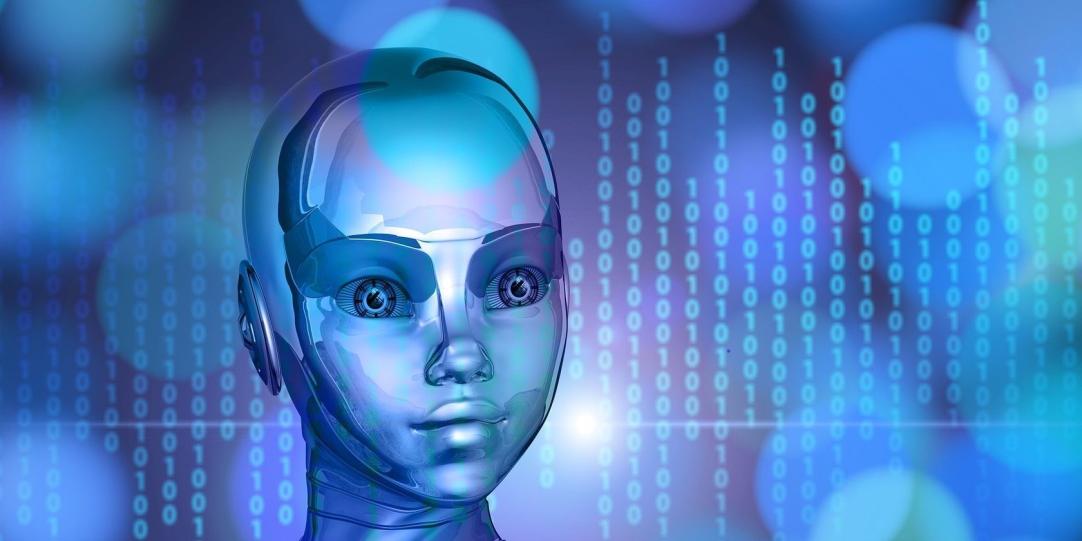What are the Challenges and Limitations of Artificial Intelligence?
Introduction:

Artificial Intelligence (AI) has emerged as a transformative technology, revolutionizing various industries and aspects of our lives. However, as AI continues to advance, it is crucial to acknowledge the challenges and limitations that accompany its development and deployment. This article aims to provide an overview of these challenges and limitations, emphasizing the importance of addressing them for responsible and ethical AI development.
I. Challenges Of Artificial Intelligence:
1. Data Quality And Availability:
- Inconsistent and Unreliable Data: AI models rely heavily on data for training and making predictions. However, real-world data is often inconsistent, incomplete, and unreliable, leading to challenges in developing accurate and reliable AI systems.
- Lack of Sufficient Data for Training AI Models: In many cases, there may not be enough labeled data available to train AI models effectively. This scarcity of data can hinder the development of robust and generalizable AI systems.
- Data Bias and Ethical Concerns: AI models can inherit biases from the data they are trained on. These biases can lead to unfair or discriminatory outcomes, raising ethical concerns and the need for careful data curation and bias mitigation techniques.
2. Algorithm Complexity And Transparency:
- Black Box Algorithms and Lack of Explainability: Many AI algorithms, particularly deep learning models, are complex and opaque, making it difficult to understand how they arrive at their predictions. This lack of explainability poses challenges in debugging, maintaining, and ensuring the reliability of AI systems.
- Difficulties in Debugging and Maintaining Complex AI Systems: As AI systems grow in complexity, debugging and maintaining them becomes increasingly challenging. The intricate interactions between different components of AI models can make it difficult to identify and resolve issues.
- Potential for Unintended Consequences and Biases: The complexity of AI algorithms can lead to unintended consequences and biases that may not be immediately apparent. These issues can have significant implications for the fairness, safety, and reliability of AI systems.
3. Computational Resources And Infrastructure:
- High Computational Power Requirements: Training and deploying AI models often require substantial computational resources, including high-performance computing clusters and specialized hardware such as GPUs. This can pose challenges in terms of cost, energy consumption, and the availability of necessary infrastructure.
- Need for Specialized Hardware and Infrastructure: Many AI applications require specialized hardware and infrastructure, such as dedicated AI chips and data centers, which can be expensive and difficult to access for many organizations.
- Energy Consumption and Environmental Impact: The training and operation of AI models can consume significant amounts of energy, raising concerns about the environmental impact of AI development and deployment.
4. Ethical And Societal Implications:
- Job Displacement and Economic Inequality: The automation of tasks by AI systems has the potential to displace jobs and lead to economic inequality, particularly for low-skilled workers. It is crucial to address these challenges through policies and initiatives that support reskilling and upskilling of workers.
- Privacy and Security Concerns: AI systems often require access to large amounts of personal data, raising concerns about privacy and security. Ensuring the responsible use of data and implementing robust security measures are essential for mitigating these risks.
- Potential for AI to be Used for Malicious Purposes: AI technology has the potential to be used for malicious purposes, such as cyberattacks, surveillance, and manipulation. It is important to develop safeguards and regulations to prevent the misuse of AI and ensure its responsible development and deployment.
II. Limitations Of Artificial Intelligence:
1. Narrow AI Vs. General AI:
- Current AI Systems are Task-Specific: Most AI systems today are narrow AI, meaning they are designed to perform specific tasks or solve specific problems. They lack the general intelligence and adaptability of humans, which limits their ability to handle a wide range of tasks and adapt to new situations.
- Challenges in Developing AI Systems that can Perform a Wide Range of Tasks: Developing AI systems that can perform a wide range of tasks and generalize to new situations is a major challenge. This requires overcoming the limitations of narrow AI and developing algorithms that can learn and adapt to new tasks without extensive retraining.
- Limitations in AI's Ability to Understand and Reason Like Humans: AI systems often struggle to understand and reason like humans. They may lack the ability to make common-sense inferences, understand context, and reason about abstract concepts.
2. Common Sense And Contextual Understanding:
- AI Systems Struggle to Understand and Apply Common Sense Knowledge: AI systems often lack the ability to understand and apply common sense knowledge, which is essential for navigating the real world. This can lead to challenges in tasks that require understanding implicit information and making inferences based on context.
- Difficulties in Interpreting Context and Making Inferences: AI systems may struggle to interpret context and make inferences based on incomplete or ambiguous information. This can lead to errors and limitations in their ability to make accurate predictions or decisions.
- Lack of Cultural and Social Understanding: AI systems often lack cultural and social understanding, which can lead to biases and difficulties in interacting with humans in a meaningful way.
3. Creativity And Innovation:
- AI Systems are Not Capable of True Creativity and Innovation: AI systems are not capable of true creativity and innovation in the same way that humans are. They can generate new ideas and solutions based on existing data and patterns, but they lack the ability to come up with truly original and groundbreaking concepts.
- Limitations in Generating Original Ideas and Solutions: AI systems are limited in their ability to generate original ideas and solutions that are significantly different from the data they were trained on. They tend to rely on existing patterns and knowledge, rather than generating truly novel ideas.
- Reliance on Existing Data and Patterns: AI systems rely heavily on existing data and patterns to make predictions and decisions. This can limit their ability to adapt to new situations or generate truly innovative solutions.
4. Consciousness And Subjectivity:
- AI Systems Lack Consciousness, Self-Awareness, and Subjective Experiences: AI systems lack consciousness, self-awareness, and subjective experiences. They do not have the ability to feel emotions, have desires, or experience the world in a subjective way.
- Inability to Understand and Respond to Emotions and Feelings: AI systems cannot understand and respond to emotions and feelings in the same way that humans do. This limits their ability to interact with humans in a meaningful and empathetic way.
- Challenges in Developing AI Systems with a Sense of Morality and Empathy: Developing AI systems with a sense of morality and empathy is a major challenge. AI systems may struggle to understand and apply moral principles and make ethical decisions in complex situations.
Conclusion:
The challenges and limitations of Artificial Intelligence are multifaceted, ranging from data quality and algorithm complexity to ethical and societal implications. Addressing these challenges is crucial for responsible and ethical AI development. By fostering collaboration between researchers, industry leaders, policymakers, and society, we can work towards overcoming these limitations and unlocking the full potential of AI for the benefit of humanity.
YesNo

Leave a Reply